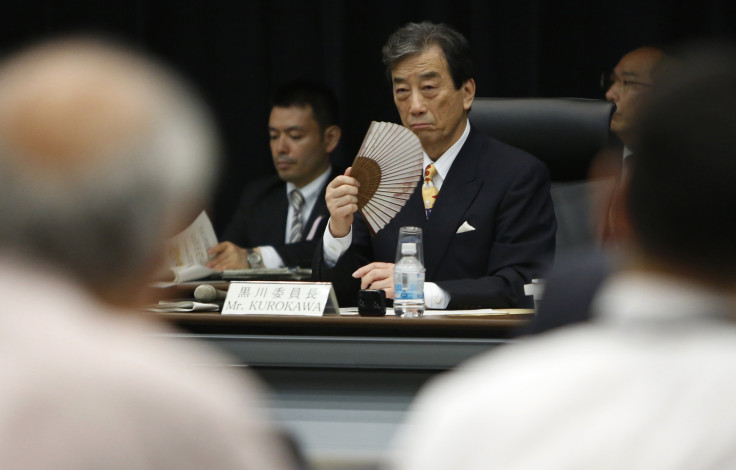Nuclear Power Industry Needs "Black Box" Similar To Those Used In Aviation Industry To Avoid Nuclear Disasters: Fukushima Investigator

The global nuclear industry should have a method similar to the “black box” used in the airline industry to record, share and investigate nuclear accidents, according to Kiyoshi Kurokawa, who headed the independent commission that probed the Fukushima nuclear accident in Japan.
In an interview with Bloomberg News in Tokyo, Kurokawa said that the transparency demonstrated by the airline industry in recording and sharing cross-border information about airline disasters should be emulated by the nuclear industry to prevent mishaps such as the meltdown at the Fukushima Daiichi nuclear plant in March 2011.
Referring to the mandatory use of flight and voice data recorders, known as black boxes, as a tool of investigation and data collection by the airline industry, he said that nuclear regulators and operators around the world should have an international common language and standard procedures for investigating and preventing nuclear disasters.
Kurokawa, who led the Fukushima Nuclear Accident Independent Investigation Commission, said that such a mechanism could help prevent man-made disasters. He noted that Japan’s nuclear watchdog, the Nuclear Regulation Authority, or NRA, “seems very isolated” from both the domestic nuclear industry and from its international peers.
“Isolation in one nation is a very dangerous thing,” Kurokawa added, according to Bloomberg News.
Kurokawa’s report, based on a six-month investigation of the Fukushima plant, was highly critical of Japan’s government as well as the plant’s operator, Tokyo Electric Power Co., or TEPCO.
In his report, which won him international acclaim when it was released last year, Kurokawa described the Fukushima nuclear disaster as “man-made,” and a result of “collusion” between TEPCO and the previous nuclear regulator, the Nuclear and Industrial Safety Agency, which led to lax safety regulations at the plant.
“Across the board, the Commission found ignorance and arrogance unforgivable for anyone or any organization that deals with nuclear power,” he wrote in the report.
Tepco has been widely criticized for its mismanagement of the crisis at the nuclear power plant, which was hit by a giant tsunami triggered by an earthquake in March 2011 that ravaged the facility and damaged its back-up generators and cooling system leading to a meltdown of its reactors.
Although the Japanese government implemented Kurokawa’s suggestion to form the NRA, an independent nuclear regulator, he said that the watchdog needs more international experience and should send staff abroad to learn best practices and share information with other nuclear regulators, Bloomberg News reported.
Last week, Japan said that it is considering setting up a British-style agency to manage the decommissioning process at the wrecked plant, even as reports of substandard work and other irregularities in repair and reconstruction work at the plant continued to surface.
© Copyright IBTimes 2024. All rights reserved.






















